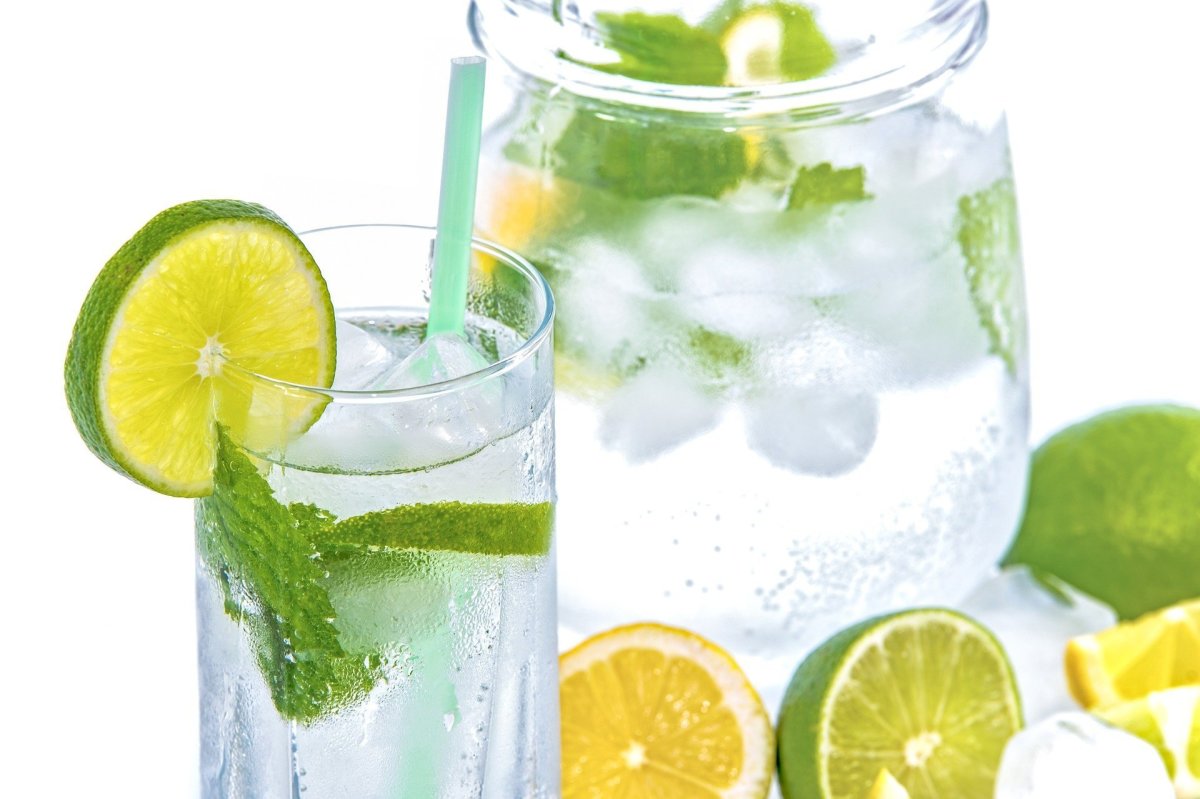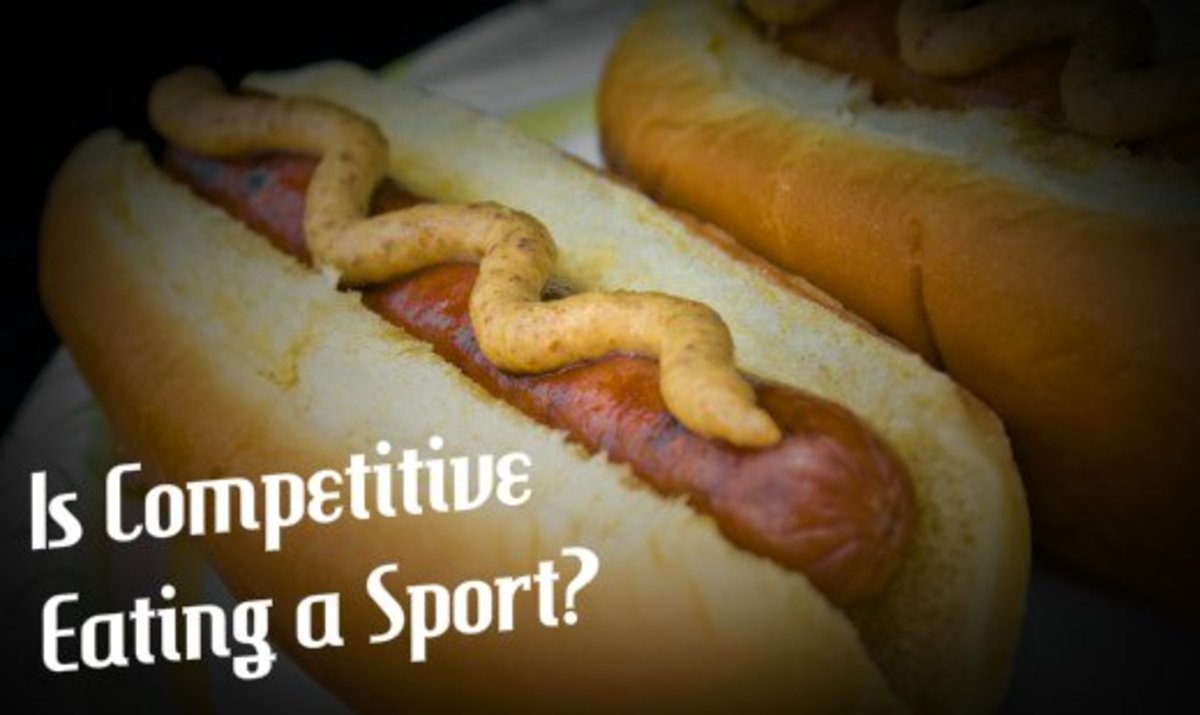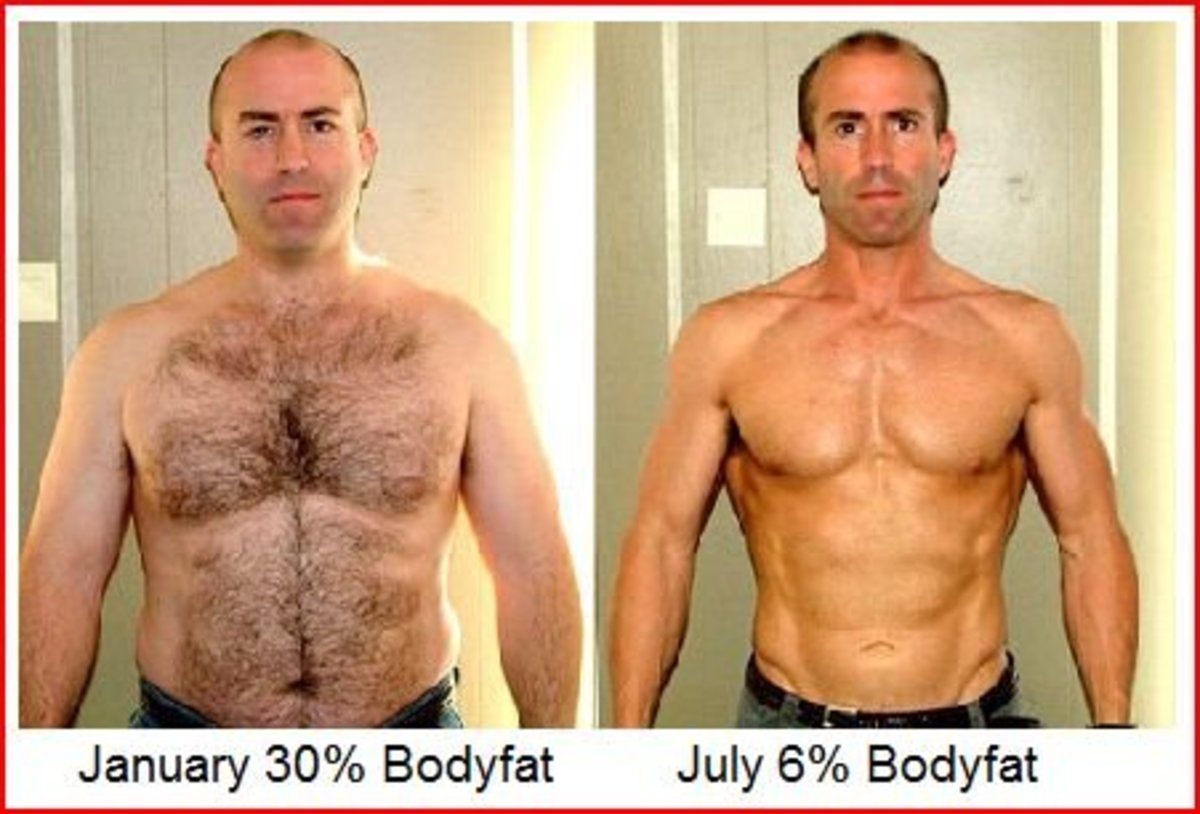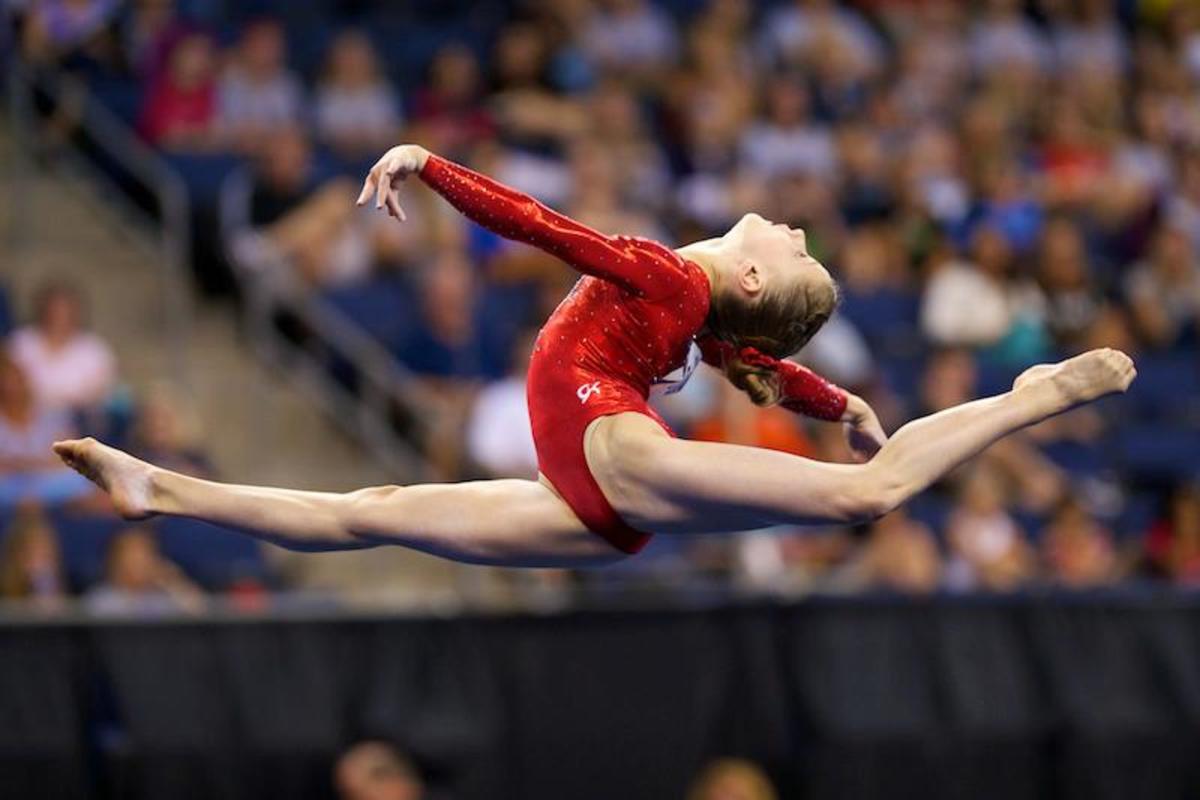Eating for Peak Gymnastics Performance
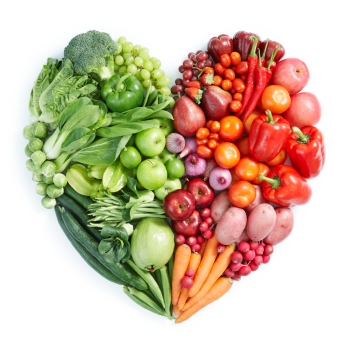
The Athletic Edge - Nutrition
Gymnastics is a sport that requires focus, concentration, energy and physical strength, however, to keep your body and mind at its best it requires more than just practice and training. Proper eating and nutrition plays a huge role in determining whether you will be able to get the most out of your training, and whether you will compete at your peak. Athletes who eat properly have a major advantage over those that do not eat properly.
Athletes who follow proper nutrition will reap a multitude of benefits such as better focus, body control, deduction of stress fractures and injuries, as well as improved muscular and cardiovascular endurance.
Some recommended foods for a gymnastics training diet include:
Lean Meats, Eggs, Fish, Peanut Butter, Beans, Nuts, Pasta, Rice, Whole Grain cereal and bread, Milk, Vegetables, and Fruits
·

How Much Should a Gymnast Eat?
Because daily calories are different for each person based on weight, age and size, it is best to simply look at your plate using the 2/3 or ¾ rule. 2/3 of your plate should be filled with healthy carbohydrates and the remaining with good lean proteins. It is also recommended that your fats consist of the good fats such as almonds, avocados, walnuts, olive oil, flax seed, etc. Fats should make up no more than 25% of your total calories each day and no less than 15% of your total calories. It is very important to understand that good fats are a necessity and a “no fat” diet will not help you perform or train at your best.
Hydration - The secret weapon!
Another very important aspect of the athlete diet is water. Making sure you stay adequately hydrated is important to help maintain good metabolism and allow the muscles to function properly. Energy drinks should be avoided because they contain harsh components and added sugars that are not needed for training, and the body often response negatively to these products.
Hydration is an important key to consider in your overall diet plan. Exactly how much is enough? The latest recommendation for minimum intake is to drink half your body weight in ounces of WATER per day. For example, if Suzie weighs 100 pounds, she should drink 50 ounces of water per day which equals a little over 6 cups per day (one cup = 8 ounces). This way, water intake is more individualized instead of the standard "8, 8-ounce glasses of water per day." Because exercise demands so much, fluids taken in during workout are not included in what is needed on a daily basis. The goal is to keep performance up by maintaining hydration.
Here are some hydration tips to keep in mind
- Drink at least half your body weight in ounces of water per day.
- Avoid caffeine because it has a dehydrating effect
- By drinking cool fluids, it helps to cool your body during exercise. Additionally, cool fluids move through the stomach faster and this causes the body to absorb them faster.
- Drink 2-3 glasses of fluid (water) about 2 hours before workout/competition. This will help counter the effect of sweat loss during workouts.
- Don't wait until you are thirsty to drink. By the time you begin to notice thirst your body is already dehydrated and thirst is the signal that the body is very low and needs fluids.
- Drink every 15-20 minutes during exercise - drink early and at regular intervals.
- After workout/competition, drink enough to quench your thirst, then drink more to make sure your are completely rehydrated.
Peak Performance
Peak performance can only be achieved when you combine proper training and proper eating. By following an athlete diet menu most athletes can increase their performance dramatically. There are certain foods that can ruin your performance and also only serve as empty calories with no performance or nutritional benefit at all. These are foods such as alcohol, soda, fast foods, fried foods, candy, sweets and other processed foods.
On the other hand, athletes should follow a menu of oatmeal and whole grains, lean meats, fruits and vegetables, protein powder, beans, egg whites and, as we stated earlier, LOTS OF WATER! With the exception of protein powder, all the foods you choose should be all natural, fresh organic foods in order to avoid preservatives and hormone additives.
Gymnastics is a unique sport. It demands enormous strength, flexibility, coordination, intense concentration, motivation, and dedication in order to excel. It is argued gymnasts are stronger, pound for pound, than any other athlete. The important role of Nutrition affects the gymnast's growth and development. It also has a direct effect on training and performance. A gymnast must pay close attention to their exercise, training and diet in order to achieve the muscular development and strength for top performance.
As an athlete in a very physically and mentally demanding sport, eating and drinking habits will play an important role in how you perform in the gym during training, and outside of the gym at competitions. Additionally, your sleeping and resting time will also be an important factor in your success.


